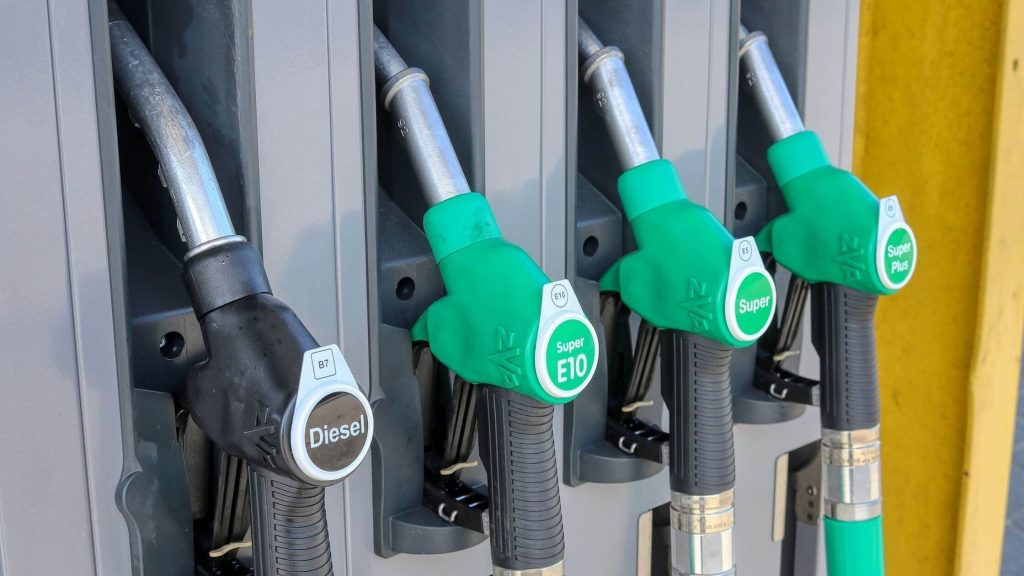The webinar was organised by Advantage Austria, the Austrian Federal Economic Chamber’s foreign trade organisation, the Energy Academy (ENG-A) and EVN Croatia Plin.
EVN Croatia has been present in Croatia since 2009 and it is owned by the Austrian company EVN AG.
EVN Croatia Plin supplies gas to around 1,300 clients (households and businesses) in Zadar, Šibenik-Knin and Split-Dalmatia counties. It has also won a tender to build the gas distribution system in Lika-Senj County.
The rise in gas prices in Europe has had a strong impact on companies operating in Croatia, with EVN Croatia Plin director Vlado Mandić noting that the purchase price of gas for some clients had increased by as much as 350% in 2021.
Citing the case of a hospital, Mandić said that the share of the price of gas in public procurement in 2021 was 63% while in 2022 it was 89%.
Mandić said that with its timely response EVN Croatia Plin in 2021 secured lower gas prices for its clients.
He noted that as soon as a short-term but significant increase in gas prices was noticed in April and June 2021, the company offered its clients new contracts and most of them signed them by the end of summer 2021. He added that the prices agreed then would not be changed.
Most of the clients concerned are businesses that sign contracts in line with market conditions.
EVN Croatia Plin said that cushioning the blow of rising gas prices required the contribution of the state as well as other stakeholders.
In the future, the possibility of introducing additional market mechanisms should be considered to prevent future energy crises, such as determining strategic gas reserves and considering greater flexibility in the public procurement procedure, as well as training people who conduct public procurement, notably those who do so on behalf of other institutions, Mandić said, noting that the diversification of supply routes to secure more stable gas prices would also be desirable.
As for gas price forecasts, the organisers of the webinar said that the price of gas was affected by a number of factors, however, they presented optimistic data regarding current gas prices on energy markets.
“The price at which gas for 2024 and 2025 is currently traded is at the pre-crisis level, which means that if the situation does not change, the price for end-users should normalise in the future and be lower than it is now,” it was said.











